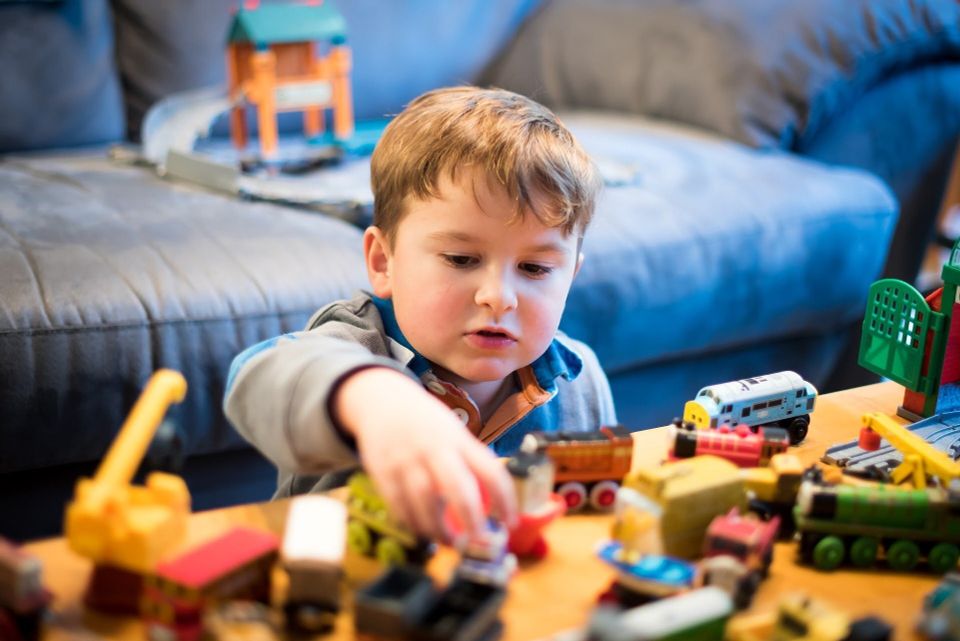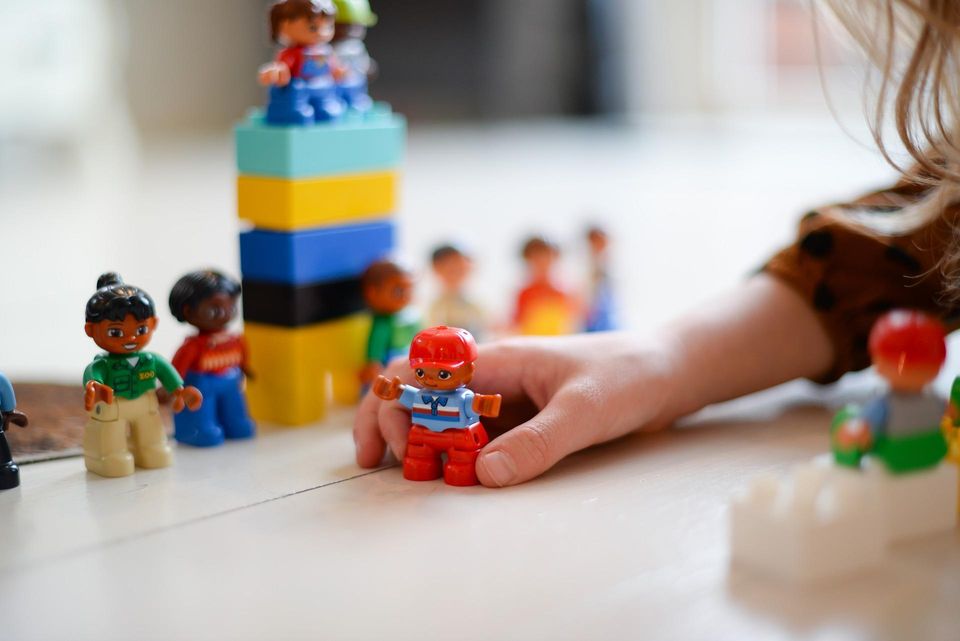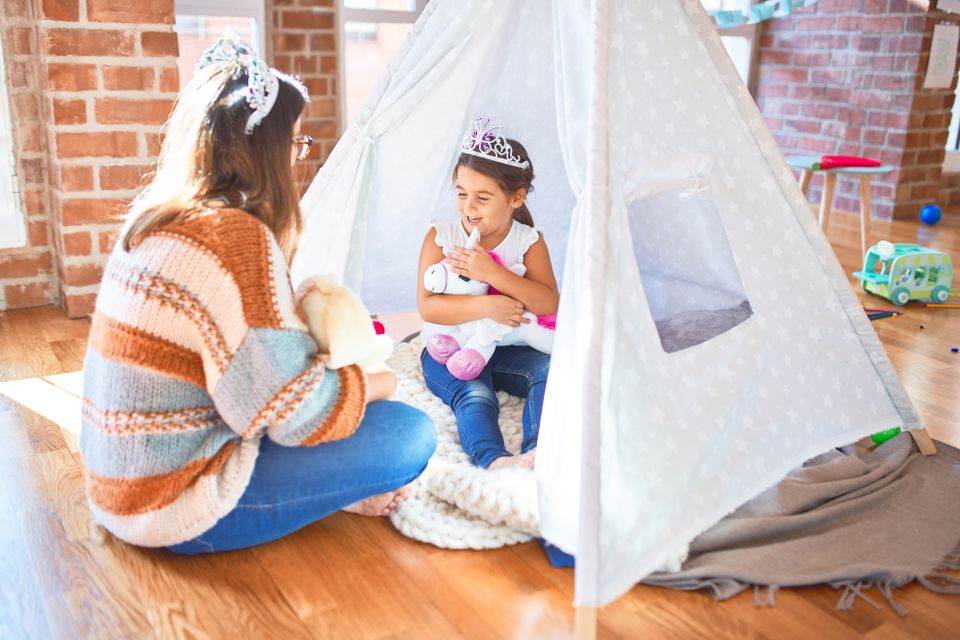
Importance of Play
Play serves many purposes in the lives of children. It is a fun, enjoyable activity that elevates their spirits and brightens their outlook on life. It expands self-expression, self-knowledge, and self-efficacy. Play relieves feelings of stress and boredom, connects them to people in a positive way, stimulates creative thinking and explorations, regulates their emotions, and boosts their egos. In addition, play allows children to practice skills and roles needed for survival. Learning and development are best fostered through play.
Mental Health professionals have come to recognize that play is as important to human happiness and well-being as love and work. To children, play is how they learn to understand the complex workings of adult roles and interactions. In play, children learn about their physical surroundings, their own capabilities and social norms. Toys and imagination are used to enter and experience new life scenarios and practice new skills in a safe way. Play is also one of their primary forms of communication.
When children begin to struggle emotionally, they often do not have the verbal language to be able to express their thoughts and feelings. Instead, they will use play as a way to work through problems to find a successful solution. However, their are times when children, like adults, seem to use up their problem solving tools and get stuck in thoughts and behaviors that are unhealthy and damaging. Seeking professional help from a therapist who can understand and incorporate play is necessary in helping children be able to fully express themselves and heal from any emotional injuries.
Mental Health professionals have come to recognize that play is as important to human happiness and well-being as love and work. To children, play is how they learn to understand the complex workings of adult roles and interactions. In play, children learn about their physical surroundings, their own capabilities and social norms. Toys and imagination are used to enter and experience new life scenarios and practice new skills in a safe way. Play is also one of their primary forms of communication.
When children begin to struggle emotionally, they often do not have the verbal language to be able to express their thoughts and feelings. Instead, they will use play as a way to work through problems to find a successful solution. However, their are times when children, like adults, seem to use up their problem solving tools and get stuck in thoughts and behaviors that are unhealthy and damaging. Seeking professional help from a therapist who can understand and incorporate play is necessary in helping children be able to fully express themselves and heal from any emotional injuries.


